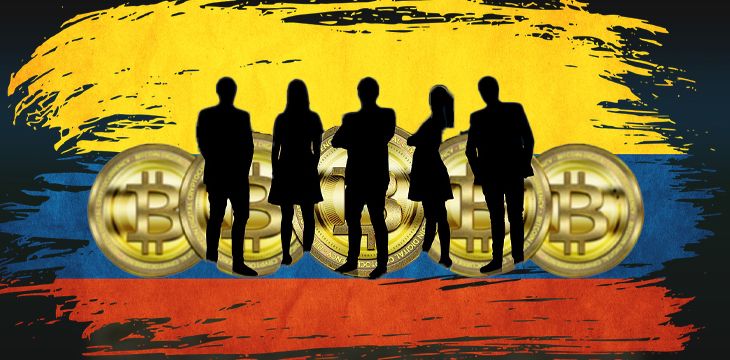
The government of Colombia has taken further steps towards introducing a regulatory framework for blockchain, after inviting companies to participate in its new regulatory sandbox.
A pilot program approved on September 22 will be open to companies until December 31, allowing companies to test digital currency transactions without the usual regulatory oversight.
Speaking at a panel on Overview of the Regulation of Crypto Assets in Colombia, the head of the Colombian financial regulator said the pilot will run through 2021.
Jorge Castaño, head of Colombia’s Financial Superintendence (SFC), said the regulatory space would allow firms to operate without as many restrictions, while still maintaining oversight.
“This space allows the SFC to maintain a balance between adequate regulation aimed at carrying out comprehensive supervision of the entities under surveillance, the prevention of crisis situations, the illegal exercise of financial activity and the promotion and support of new technological advances applied to financial services.”
According to Castaño, the pilot program is expected to follow five phases before reaching its conclusions—namely application, selection, structuring, monitoring and feedback.
The SFC said “four Colombian financial services providers” had already expressed an interest in participating in the program, though there is as yet no timeline setting out exactly when each phase will run.
The move comes after Colombia unveiled draft proposals for regulating digital currency in 2019, which aimed to provide legal definitions for how digital currency companies should operate in Colombia.
Debates around the bill were held up by regulatory issues, with the SFC waiting longer before providing confirmation of its view on cryptocurrencies.
With the launch of the new pilot, it is expected that an eventual digital currencies law could come into effect in 2022, once the results of the trial have been compiled and studied.
It comes at a time of increasing regulation for digital currencies and blockchain sectors worldwide.

 09-22-2024
09-22-2024


